FAQ: 2020 Farm Requirements
A detailed FAQ about the Rainforest Alliance 2020 Sustainable Agriculture Standard Farm Requirements.
Home / Business / Certification / Page 23
Certification has had a huge impact in bringing sustainability to the forefront of business thinking, but it must continue to evolve to provide more value to farmers and companies and ensure that people and nature can thrive in harmony.
That's why the Rainforest Alliance launched its new Certification Program, which entered into force in July 2021. The Sustainable Agriculture Standard, along with its assurance and technology systems, are data-powered, and based on the principles of continuous improvement, risk-based assurance, contextualization, and shared responsibility. This is how we can deliver more value to the two million farmers and thousands of businesses that use Rainforest Alliance certification to drive more sustainable agricultural production and responsible supply chains.
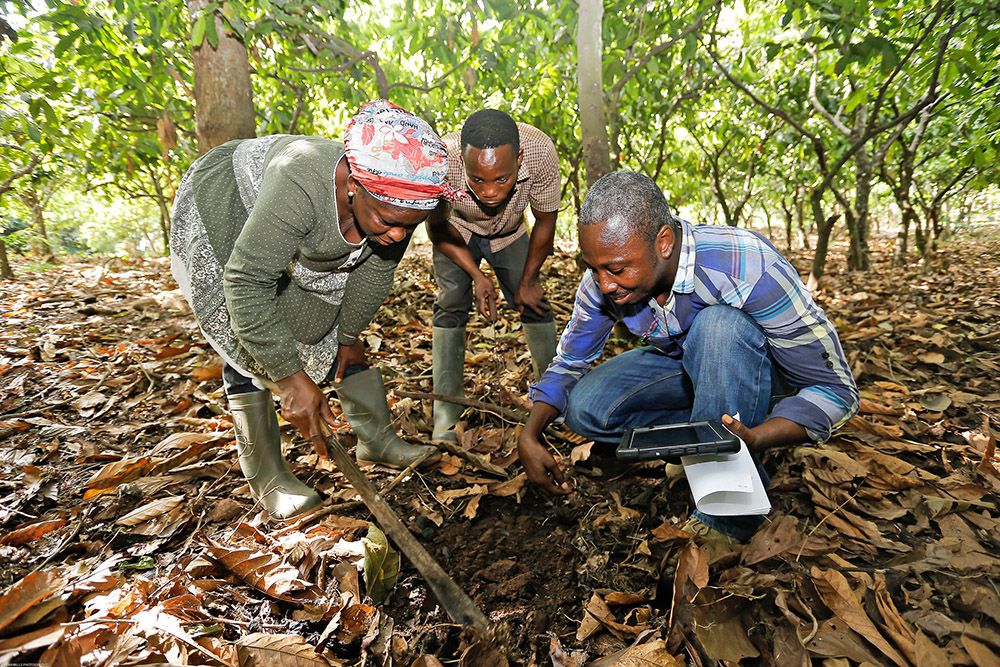
The certification program is part of the Rainforest Alliance’s strategy to drive sustainability at scale in the sectors in which we operate through interconnected interventions supporting certification, tailored supply chain services, landscapes and communities, and advocacy.
Key priorities of our cocoa strategy are assurance, shared responsibility, supply chain transparency, and profitability and resilience.
How we have tailored the implementation and verification of standards requirements on child labor and forced labor to the risk exposure of each farm.
Our shared responsibility approach aims to distribute benefits and costs of certification more evenly between farmers and companies.
Begin your journey of certification with the Rainforest Alliance.
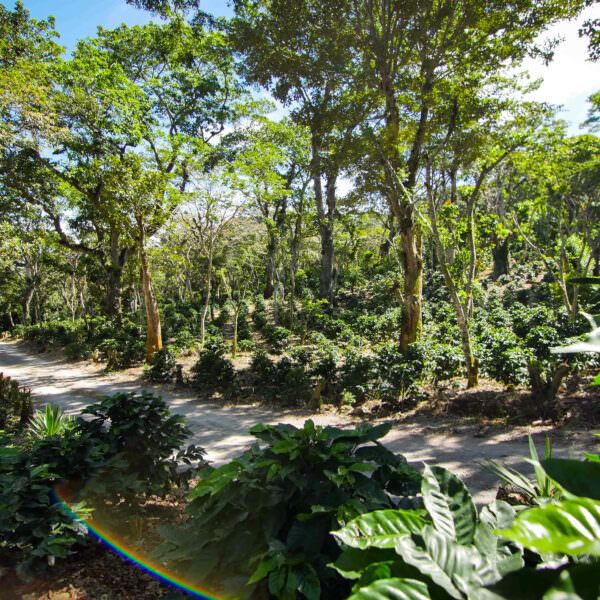
A detailed FAQ about the Rainforest Alliance 2020 Sustainable Agriculture Standard Farm Requirements.
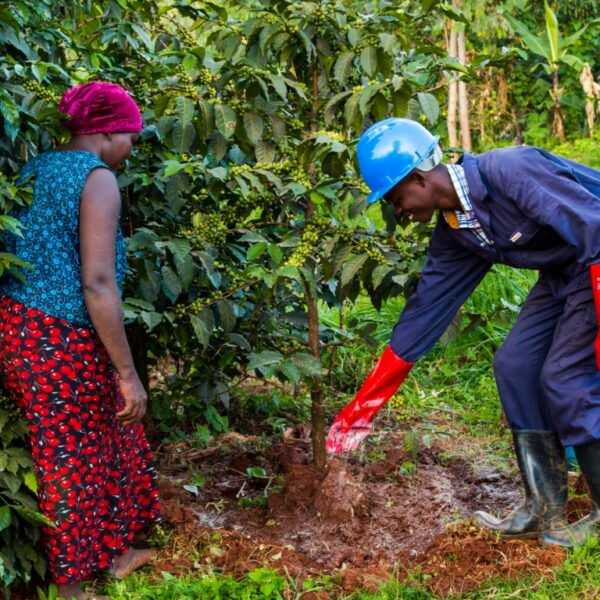
Find out what Ugandan coffee exporter, Kyagalanyi Coffee, had to say about the new program—from the improvements to the challenges.
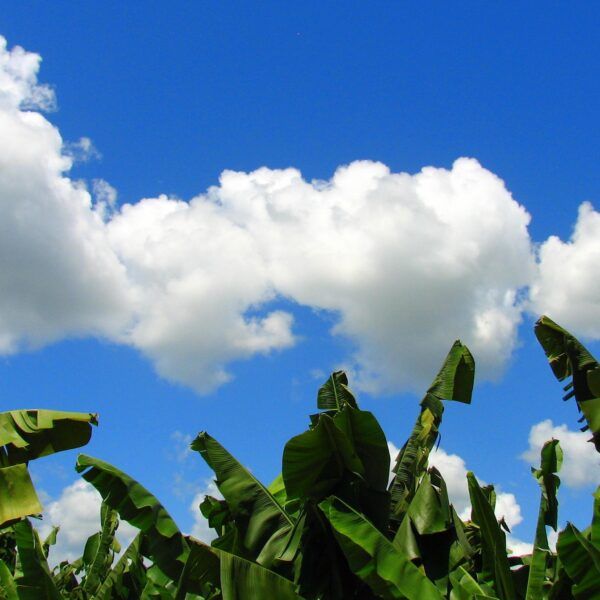
After teaming up for an early implementation pilot of our strengthened certification program, both Finca Esmeralda and the Rainforest Alliance took away learnings that will contribute to a more sustainable banana sector.
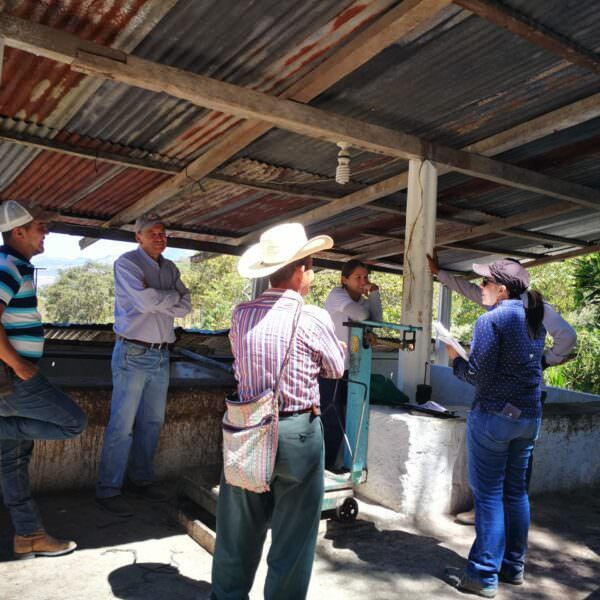
Rainforest Alliance certification is carried out by our authorized certification bodies. Find an authorized certification body in your county.

This impact evaluation was commissioned to Wageningen University, and analyses the contribution of certification and interventions of companies implementing certification with groups of farmers in Côte d’Ivoire. The outcomes analysed are increased yields, improved income, improved working and living conditions, and better environmental protection. The results indicate that cocoa farmers increased their knowledge and implement […]

This scientific article analyses the social, economic, and environmental effects of voluntary standards initiatives and corporate initiatives in the cocoa sector in West Africa, largely focusing on farm and farmer group. It is based on empirical evidence from large-scale, mixed-method studies using a suite of socioeconomic, agronomic, and environmental indicators to compare the situation of […]
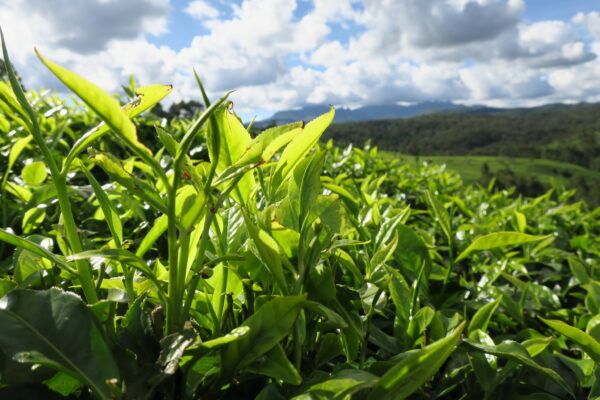
The study looks at impacts of transition to mechanized harvesting; employment terms and conditions; gender discrimination; wages; occupational health and safety; housing and living conditions; and operational grievance and remedy mechanisms. ... Continue Reading

List of approved translations of commonly used terms when referring to Rainforest Alliance Certified products on packaging and in marketing materials.

SA-G-SD-46 Requirement 1.2.2 of the 2020 Sustainable Agriculture Standard requires Service Providers to comply with relevant Standard requirements. This document provides guidance on which requirements are applicable for different types of service providers.

SA-G-SD-45 Requirements 5.8.1 and 5.8.2 of the 2020 Sustainable Agriculture Standard requires certification holders to implement a Free Prior and Informed Consent (FPIC) process for any activities that diminish the land or resource use rights or collective interests of indigenous peoples and local communities. This mandatory steps of the FPIC process are set out in […]